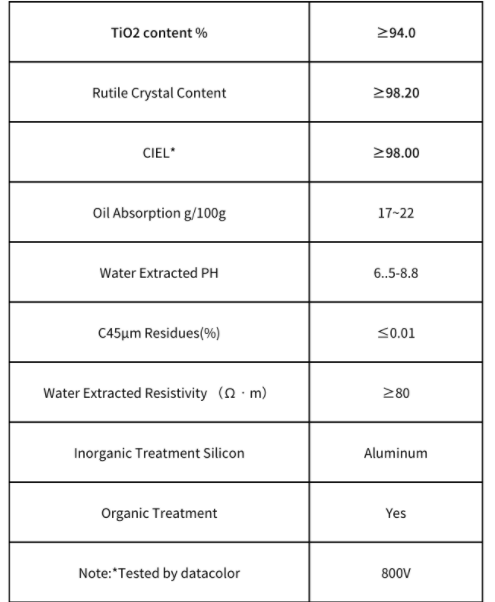
Comparison of Calcium Carbonate and Calcium Bicarbonate Properties and Applications in Various Fields
Calcium carbonate and calcium bicarbonate are two important compounds in chemistry that play crucial roles in various natural and industrial processes. Both of these compounds are forms of calcium, an essential mineral for life, particularly for maintaining healthy bones and teeth.
Calcium carbonate (CaCO3) is a white, insoluble powder that occurs naturally in rocks, pearls, and shells of marine organisms. It is widely utilized in various industries. For example, in the construction sector, calcium carbonate is a primary component of cement and is also used as a filler in products such as rubber and plastics. Furthermore, it serves as a dietary calcium supplement, helping to prevent bone disorders such as osteoporosis. When calcium carbonate is heated, it decomposes into calcium oxide (lime) and carbon dioxide, a process that is vital for producing quicklime used in steel manufacturing and environmental applications.
On the other hand, calcium bicarbonate (Ca(HCO3)2) is formed when calcium carbonate dissolves in water in the presence of carbon dioxide. This compound is not stable and usually exists in solution in natural waters. When water containing calcium bicarbonate is heated or allowed to stand, it precipitates calcium carbonate as a solid, often leading to the formation of scale in pipes and water heaters. This precipitation process is important in geological formations as well, contributing to the creation of limestone caves and stalactites.
Both compounds also play a significant role in the carbonate buffering system, which helps maintain the pH balance of natural waters. This is particularly important in aquatic ecosystems, where pH fluctuations can hurt the health of aquatic organisms. The interaction between calcium carbonate and bicarbonate in water systems helps neutralize acids, safeguarding these environments.
calcium carbonate and calcium bicarbonate

In environmental science, understanding these compounds is essential due to their influence on water hardness. Hard water, which contains high concentrations of calcium and magnesium ions, can have both beneficial and adverse effects on household appliances and plumbing systems. While hard water is often preferred for its health benefits, it can lead to scale buildup in pipes and reduce the efficiency of water heaters.
Additionally, in the context of climate change, the interaction of calcium carbonate with atmospheric carbon dioxide presents a fascinating area of study. Ocean acidification, a consequence of increased CO2 levels, affects marine life tremendously, especially organisms that rely on carbonate ions to form shells and skeletons. Thus, the study of calcium carbonate and bicarbonate extends beyond simple chemistry; it touches on ecological and environmental implications crucial for sustaining life on Earth.
In conclusion, calcium carbonate and calcium bicarbonate are vital compounds with significant implications in various fields, from industry and environmental science to health and ecology. Understanding their chemistry is essential for harnessing their benefits while mitigating their effects on the environment.
Share
-
Vermiculite Wholesale – Premium Quality, Bulk Supply & Competitive PricingNewsJun.10,2025
-
Premium Glass Pebbles Custom Glass Pebbles Factory & OEM Manufacturer Reliable Custom Glass Pebbles FactoriesNewsJun.10,2025
-
Expert Custom Zeolite Producers Manufacturers & FactoriesNewsJun.10,2025
-
Custom Glow in the Dark Beads High-Quality Custom ManufacturersNewsJun.10,2025
-
China Ceramsite Balls Factory - Lightweight & Durable Media Solutions ManufacturerNewsJun.09,2025
-
Custom Matte Mica Powder Manufacturers High Quality & AffordableNewsJun.09,2025






